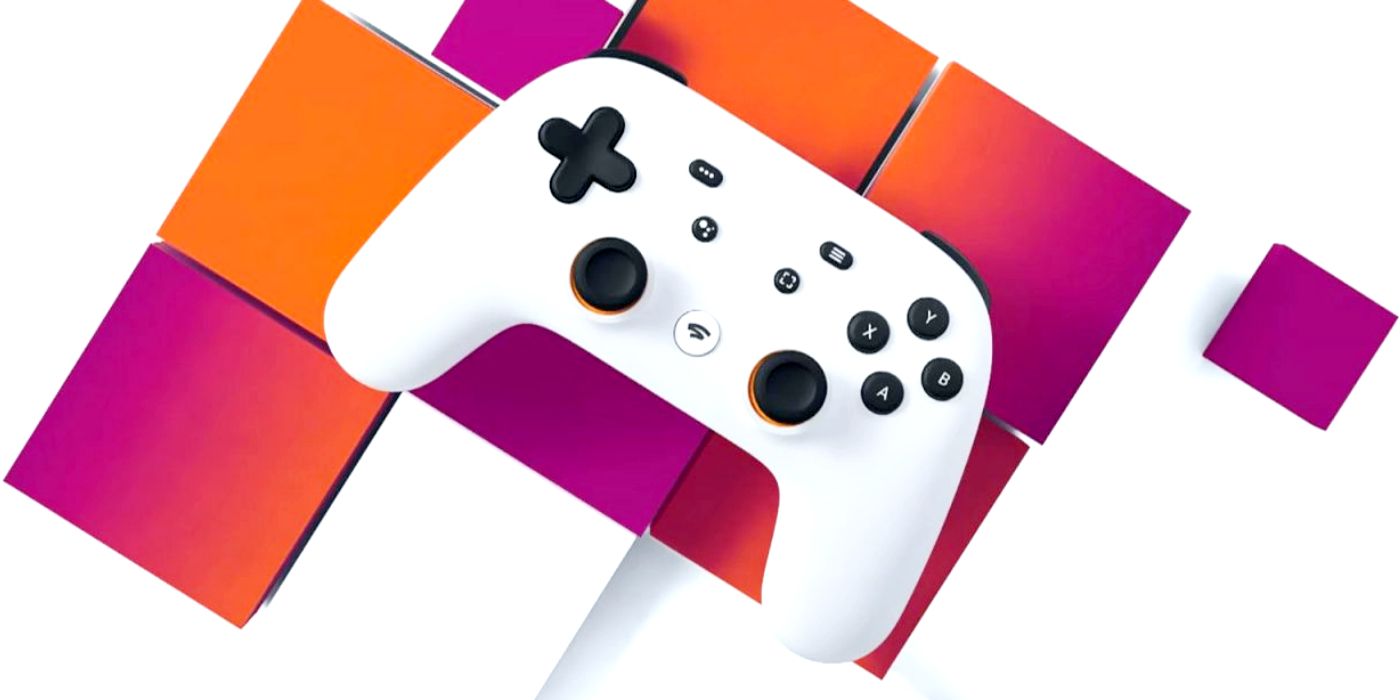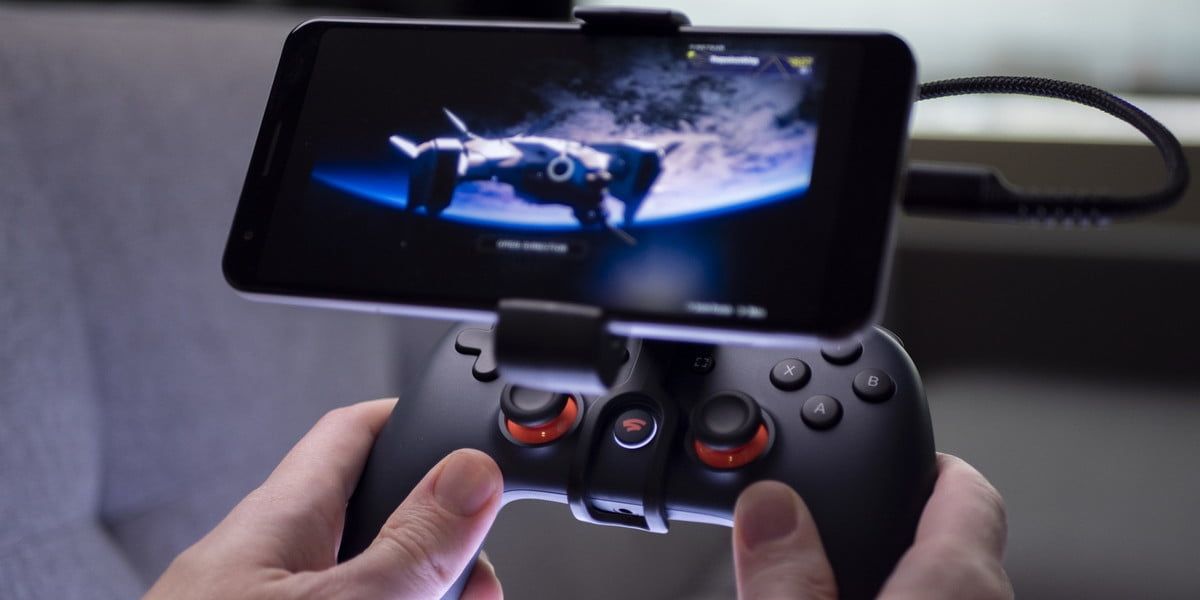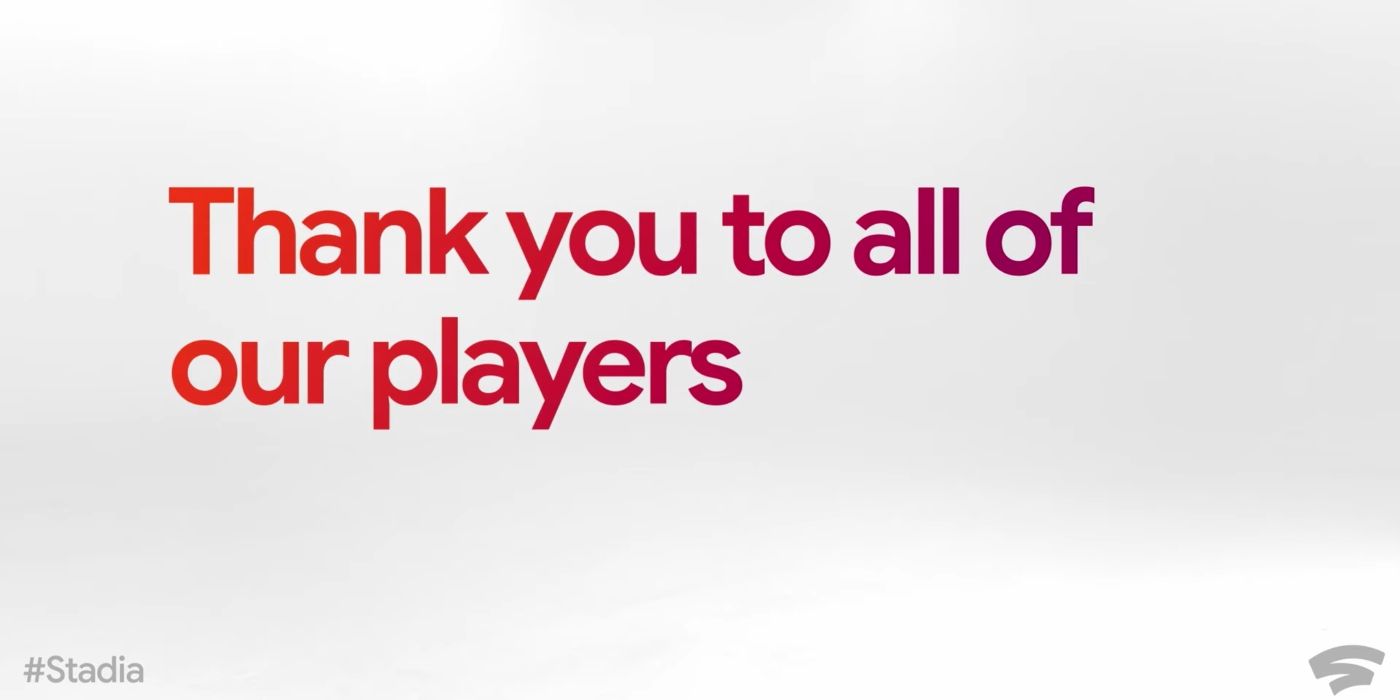Since its disastrous launch in 2019, Google Stadia, a cloud gaming service developed and managed by Google, has been plagued by a wide variety of issues ranging from its creative director's controversial assertion that gamers should have to pay for the right to stream games to allegations over Google's dismissive treatment of game developers. Despite the company's assurances that they planned to continue improving the service, the company recently announced that Google Stadia will shut down on Jan. 18, 2023.
While Google has offered Google Stadia users full refunds for all games purchased through the service's online store, the company has provided no method of preserving the save files of said games. With many soon-to-be-former Google Stadia users set to lose hundreds or even thousands of hours of playtime, the service's shutdown is a grim example of why cross-save support is a crucial feature for multi-platform titles in the digital age.
Google Stadia's Save Game System Was Flawed from the Start
The core selling point of Google Stadia was the service's ability to allow players to stream and play games stored on the cloud on streaming-compatible devices like desktop computers, laptops, tablets, and phones through the player's Google account. As a result, none of the save data of games purchased through the online store can be stored on a device's hard drive. While this allows games available on Google Stadia to be playable on many pieces of hardware, it also means that players have no way to back up their digital libraries.
While Google Stadia's lack of promised features like true 4K resolution caused quite a few subscribers to abandon the service, the opportunity to play popular games like Resident Evil Village on their tablet or smartphone drove many people to stick with it. Some players got quite a bit of mileage out of Google Stadia, logging hundreds of hours into the games they downloaded through the service. One Twitter user even managed to clock almost 6,000 hours into their Google Stadia copy of Red Dead Redemption II, showing just how popular the service was with some players.
Unfortunately for the few gamers who have stuck with Google Stadia despite the numerous struggles that have plagued its life cycle, Google has shown no signs that they plan to offer Google Stadia users a chance to preserve their save files. While almost all the current generation consoles allow players to transfer their game data from one console to another, games downloaded on Google Stadia can't be transferred onto a hard drive. As a result, thousands of gamers will have no choice but to restart games into which they might have poured countless hours.
In many respects, the demise of Google Stadia is an example of the limitations of cloud gaming. While the ability to access and play a single game file on multiple pieces of hardware is undeniably convenient, the lack of physical storage means that players run the risk of losing their entire game libraries and saves if the cloud they're stored on is discontinued. With physical media becoming more and more uncommon as video game publishers embrace a digital-only approach to distributing their games, many have become concerned over the preservation of digital-only games. While cross-saving is far from an optimal solution to this issue, it would provide gamers whose libraries are mostly digital with a reliable safety net.
While the shutdown of Google Stadia doesn't mark the end of cloud gaming, it does serve as a reminder of the importance of game preservation. If video game publishers continue to invest in digital gaming, then it's only fair that they are assured their games won't vanish with their platforms.



